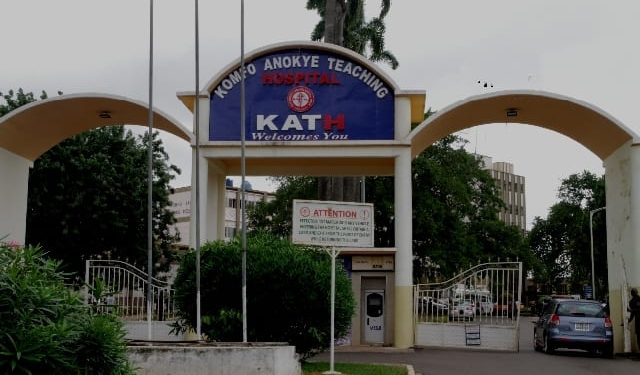The Komfo Anokye Teaching Hospital (KATH) in Kumasi, a major referral center in Ghana, paints a grim picture of trauma care in the region. Over half of the patients admitted with severe injuries ultimately succumb to their wounds, highlighting the urgent need for improved emergency medical services and trauma care infrastructure. A staggering 82% of these severe and moderate injuries are attributed to road traffic accidents, a stark indicator of the dangers prevalent on Ghanaian roads. This alarming statistic underscores the need for comprehensive road safety interventions, encompassing stricter enforcement of traffic laws, improved road infrastructure, and public awareness campaigns promoting safe driving practices. The data, brought to light by the Trauma Emergency and Acute care Medicine Research Network (TEAM-RN), reveals a critical gap in the healthcare system’s ability to effectively manage and treat traumatic injuries.
The TEAM-RN, celebrating a decade of collaborative clinical research with KATH, has played a crucial role in identifying and quantifying these challenges. Their research, conducted under the theme “A Decade of Discovery: Highlighting the team’s achievements and breakthroughs in clinical research and healthcare,” has directly impacted patient care by informing treatment protocols and contributing to medical publications. Beyond patient care, their findings have influenced the design and modification of medical devices, leading to advancements in healthcare delivery both within Ghana and internationally. The network’s focus on trauma care has exposed the pervasive impact of accidents not only on roadways, but also in workplaces, recreational areas, and other settings, highlighting the need for comprehensive safety measures across various sectors.
The research conducted by TEAM-RN has shed light on a silent epidemic of accidental injuries, the severity of which often goes unnoticed by the general public. Dr. Daniel Osei-Kwame, Site Principal Investigator of TEAM-RN, emphasized the importance of disseminating these findings to raise public awareness and facilitate policy changes aimed at mitigating these preventable tragedies. By bringing these issues into the public discourse, informed policy decisions can be made to address the root causes of these accidents and improve safety standards across all vulnerable areas. This proactive approach to injury prevention is crucial for reducing the burden on the healthcare system and saving lives.
Despite the significant contributions made by TEAM-RN, the network faces substantial financial constraints that threaten its long-term sustainability. Lacking a stable funding source, the team relies primarily on internally generated funds, with many members working without regular salaries. This precarious financial situation hampers their ability to conduct research effectively and limits the scope of their investigations. Dr. Osei-Kwame expressed hope that pending funding applications would be approved, providing the necessary financial stability to ensure the continuity of their critical work. The long-term success of TEAM-RN’s research efforts hinges on securing consistent financial support.
KATH recognizes the value of TEAM-RN’s research and has provided some financial assistance through its Research Grant program, acknowledging the significant contributions the network has made to the hospital’s standing as a leading research center in Ghana and beyond. This support, while helpful, does not fully address the financial challenges faced by the network. In addition to financial aid, KATH’s Research and Development Unit facilitates TEAM-RN’s research by providing access to data and necessary infrastructure, recognizing the symbiotic relationship between their work and the hospital’s mission. This collaborative approach underscores the importance of partnerships in advancing medical research and improving patient care.
The collaboration between TEAM-RN and KATH exemplifies the crucial role of research in informing healthcare policy and practice. The alarming statistics on trauma-related deaths and the prevalence of road traffic accidents necessitate a multi-pronged approach to address these pressing issues. This includes increased public awareness campaigns, stricter enforcement of traffic regulations, improved road infrastructure, and enhanced emergency medical services. Furthermore, sustained financial support for research initiatives like TEAM-RN is essential for generating the evidence needed to inform effective interventions and ultimately save lives. The future of trauma care in Ghana depends on continued research, adequate resources, and a concerted effort to prioritize safety and prevention.














